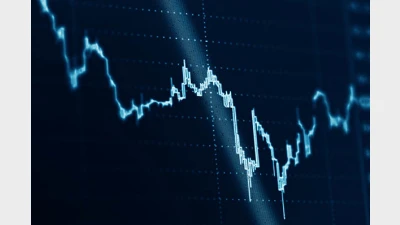Govt urged to incentivise super funds


Superannuation funds should be incentivised to invest in key infrastructure projects and venture capital as a means of stimulating the economy, according to two veteran Australian equities fund managers.
The two managers, Investors Mutual Limited’s Anton Tagliaferro and Hugh Giddy, have taken the unusual step of writing to the Treasurer, Josh Frydenberg, arguing that strategies such as incentivising superannuation fund investment are preferable to monetary policy.
The letter to Frydenberg follows on from a research paper written by the pair and provided to the Reserve Bank Governor, Philip Lowe, in which they expressed concern about the longer-term ramifications of using “ultra-low interest rates” as a policy for trying to stimulate the Australian economy.
Tagliaferro and Giddy, who said they had combined experience of over 50 years managing Australian equities, have recommended the Treasurer sort out the electricity market, streamline the tax system, incentivise superannuation funds to invest in infrastructure and venture capital and continue to encourage Government participation in public-private partnerships.
On the question of sorting out the electricity market, Tagliaferro and Giddy said current high prices were seriously threatening the long-term viability of many industries such as smelting, fertiliser and packaging.
“Having the highest electricity prices in the world is a nonsense when one considers Australia is major exporter of LNG, uranium and coal to the rest of the world,” their letter said. “Reduced restrictions on the extraction of coal seam gas is one area that needs urgent review.”
On the question of incentivising superannuation funds, the pair said areas of investment might require more incentives included investing in Australia’s water extraction and irrigation infrastructure to stimulate productive use of Australia’s vast arid land into more productive land.
Recommended for you
As market volatility persists, some super funds are pivoting defensively, while others are strategically positioning to capitalise on emerging opportunities.
New data has shown a progressive deterioration in risk appetite among instos even prior to Donald Trump’s latest round of tariffs.
UniSuper has reached “peak investment” in US assets and is now preparing to reassess its exposures amid ongoing sharemarket volatility.
Investors have slashed their US equity allocations to the lowest level on record, according to new data from Bank of America.












